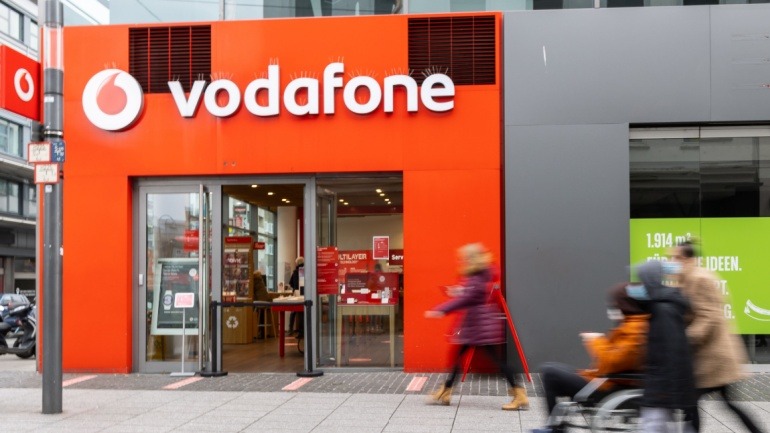Kia India has recently teamed up with Airtel Business to integrate cutting-edge IoT technology in its connected vehicles in the Indian market. The collaboration enables Kia’s cars to utilize Airtel’s eSIM technology, providing seamless connectivity to the Airtel IoT Hub and its extensive mobile network. This integration promises to enhance the vehicle experience with improved telematics, infotainment, enhanced safety, and crucial over-the-air firmware updates.
The Connect 2.0 platform from Kia focuses on key areas such as Vehicle Management, Convenience, Remote Control, Safety and Security, and Navigation. With Airtel’s IoT capabilities, these features will be robustly supported and deliver a superior user experience. A noteworthy element of this partnership is the provision of customizable data plans that ensure data security and privacy, allowing users to tailor the service to their individual requirements.
Hardeep Singh Brar, Senior VP and Head of Sales and Marketing at Kia India, expressed excitement about the partnership. He emphasized the significance of IoT technology in unlocking possibilities for software-defined vehicles. The statement also highlighted the benefits that Airtel’s future-ready solutions and vast network would bring to Kia’s consumers, enhancing the customer experience and providing advanced analytics and real-time insights.
Airtel’s established presence in the IoT market underlines this partnership’s strength, with over 33 million devices connected nationwide. This accounts for roughly 55% of India’s domestic IoT market, showcasing a dominant position that could significantly benefit Kia’s technological ambitions.
On a broader note, the collaboration between Kia and Airtel reflects a trend towards smart and connected solutions in the automotive industry, driven by increased customer demand for advanced features and personalization. This partnership showcases a symbiotic relationship where technology and automotive sectors come together to enhance user experiences and uphold data privacy.
Moreover, this venture aligns with India’s growing focus on digitization. It hints at a future where connected and autonomous vehicles become more prevalent. As such partnerships continue to emerge, they will likely lead to advancements in technology, contributing to India’s automobile and IoT markets’ evolution.







